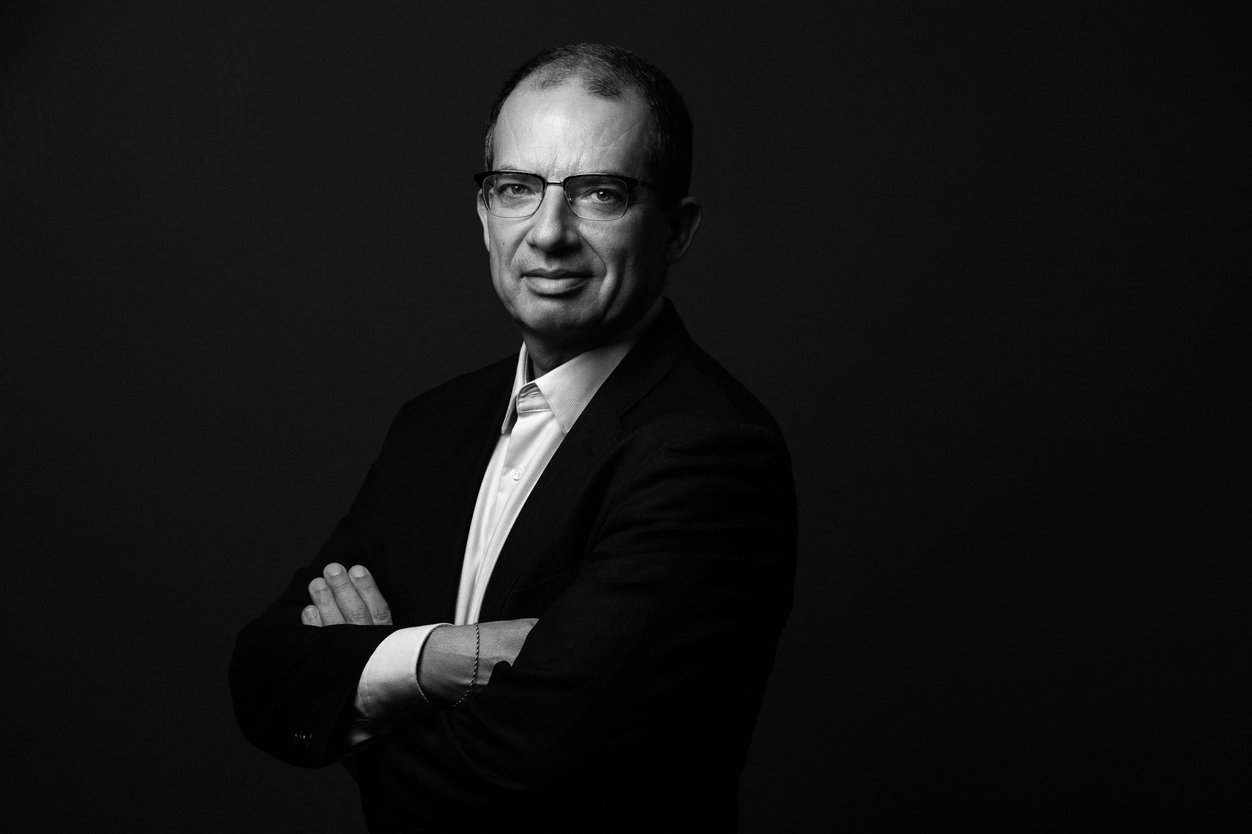biotech
We've got some questions for Stéphane Bancel

Joel Saget/AFP Via Getty Images
Buckle up for a big hearing this week, as Moderna CEO Stéphane Bancel (who made nearly $400 million last year) comes to Capitol Hill to testify before Sen. Bernie Sanders' health committee.
While the topic of the hearing is Moderna's decision to quadruple the price of its Covid-19 vaccine, senators will have the opportunity to ask about other things, too.
My all-star colleagues Helen Branswell and Damian Garde pitched in to formulate a list of the eight big questions lawmakers should ask about the company's pricing strategy, its return on $1.7 billion of taxpayer support, and whether the company is working to improve its product. Read the full list.
advocacy
Al Sharpton's new health care cause
The 340B drug discount program isn't exactly a mainstream health care issue outside the Beltway (or inside, for that matter). But the program has suddenly been the focus of a new advocacy push by Rev. Al Sharpton.
Sharpton has penned op-eds this year in AFRO News and the Washington Informer, two publications serving Black audiences in Baltimore and the D.C. metro area. The pieces argue that the program is taking resources from some largely Black neighborhoods to profit hospitals in wealthier, non-Black majority neighborhoods (he cited a recent New York Times investigation as an example).
"In the near future, I will be convening community leaders, policy makers and private sector partners to seek a solution," Sharpton wrote.
It's unclear if any outside organizations are funding Sharpton's newfound interest in wonky drug discount programs. But it isn't his first foray into health care policy. Last year, Sharpton argued that the Biden administration's menthol ban would harm African American smokers. The Los Angeles Times reported that Sharpton's civil rights organization had financial ties to tobacco company Reynolds American.
In other 340B news, hospitals have formed a coalition to counter the recent PhRMA-community health center alliance. A group including 340B Health, the American Hospital Association, the American Society of America's Essential Hospitals, the Association of American Medical Colleges, the Catholic Health Association, and the Children's Hospital Association said they intend to push back on attempts to rein in the program, and that changes drugmakers are asking for would leave fewer resources to fund uncompensated and unreimbursed care.
addiction
Methadone dosing in the fentanyl era
When it comes to treating opioid addiction, there's no drug more effective than methadone. But federal regulations governing methadone treatment haven't changed much in recent years, even as fentanyl has conquered the U.S. drug supply.
In particular, current federal rules impose caps on first-day doses that, given fentanyl's potency, often leave new patients in excruciating withdrawal. Now, though, the Substance Abuse and Mental Health Services Administration is looking to catch up — in the form of a new rule that allows methadone clinics more flexibility in determining first-day doses.
SAMHSA is "not trying to dictate clinical practice from Rockville," the agency's top doctor told my colleague Lev Facher. But many addiction doctors disagree, and are advocating instead for the agency to fully eliminate the guidelines and leave the decision to doctors. Read more here.


No comments